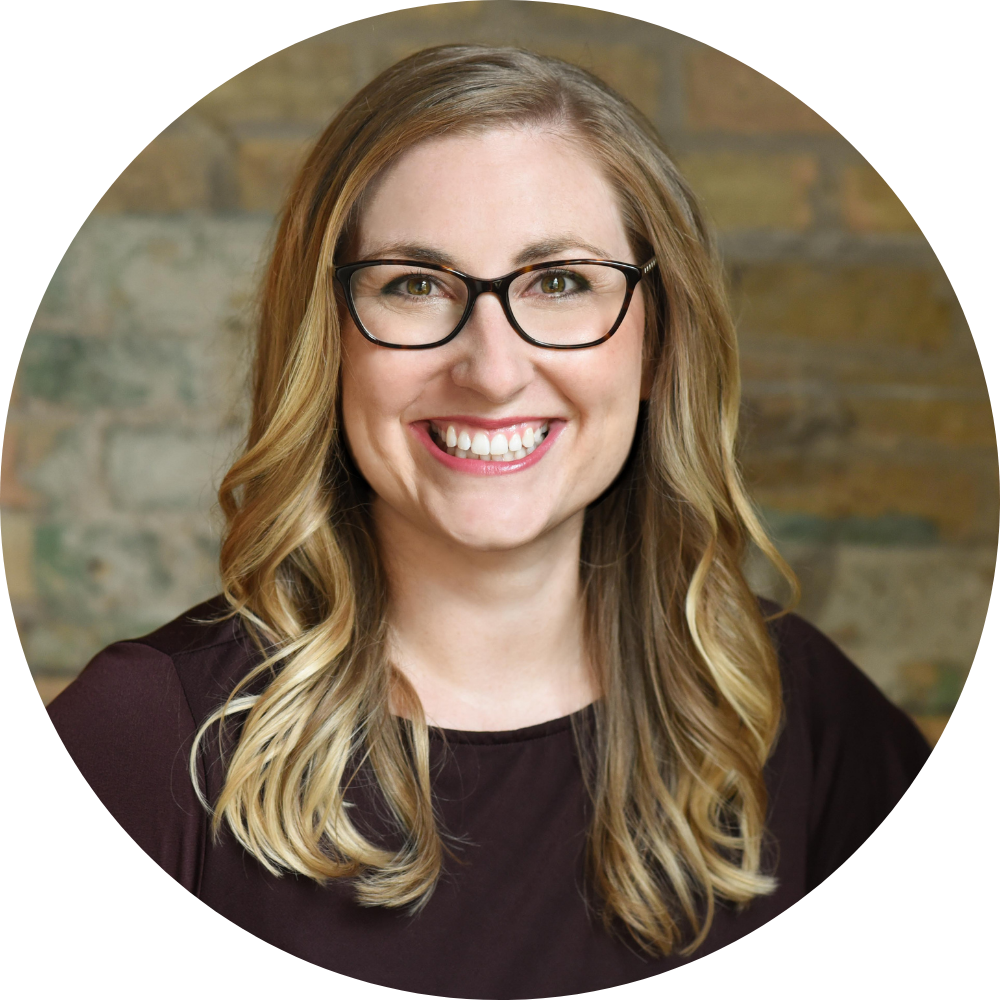Three Things to Look for When Selecting PD
Schools are places for learning, not just for students, but also for adults. For educators, part of this learning is referred to as professional development. When planning professional development, it is important to recognize the learners are adults and cater to how they learn. And although there are many similarities in the ways that children and adults learn, there are things we can do for adults to make the learning more successful. Administrators in schools can connect educators with meaningful and appropriate professional development as a way to save educators time, bolster the administrator educator relationship, and make educators feel more valued. A 2019 report published in Transforming Education highlights the importance of these relationships. They claimed “establishing strong relationships with and among school staff can improve teacher morale and help mitigate those factors that lead to teacher burnout and ultimately, teacher turnover.”
Three things to look for when selecting professional development for adults:
1. Learning should be self-directed.
One of the basic andragogical (pedagogy for adults) principles is that adult learners have a self-concept, meaning they learn best when they have some control over the learning process. This could be being able to select the type and topic of professional development, moving through the content at their own pace, or even choosing the time when they want the learning to occur.

2. Learning should focus on solving specific, relevant problems.
Two more basic andragogical principles are readiness and problem orientation. These principles tell us that motivation increases in adults when there is an immediate reason to learn and that they learn best when content is problem oriented. This means that the professional development should relate directly to their work and help them to solve their current problems or issues. Let’s take an educator who struggles with a student running out of their classroom every day, they are less likely to be motivated to learn how to prevent cheating on assessments, something that has never been a problem in their classroom, then they would with a training on elopement.
3. Learning should honor the previous experiences of the adults.
Another principle of andragogy is that adults have an abundance of personal experience that they bring to new learning. New learning should encourage them to draw and reflect on their experiences. Within professional development opportunities, this might look like being able to skip information they already have, prompts to reflect on their past expeirences, or even apply the learning to their current experiences.

It is unlikely to be feasible for administrators to review every professional development opportunity for the principles of andragogy and relevance to their educators. Solutions such as Creatively Focused’s axis3 can support with this. Our professional development takes the form of resources, self-paced courses, and mini-modules designed for adults where educators can select the learning relevant to them, work through it at their own pace, and make connections to their daily practice.
We can help solve problem like needing to know how to write an IEP, how to update a behavior plan, how to use trauma-informed practices to support students, and even how to select a curriculum that matches the needs of students. Want to learn more? Check us out at creativelyfocused.net and see how we can support you with strengthening your administrator educator relationships by providing your educators with professional development that makes them feel valued, connected, and like an expert.
Written by Kalin Schoephoerster, Instructional Designer & Licensed Special Education Teacher
